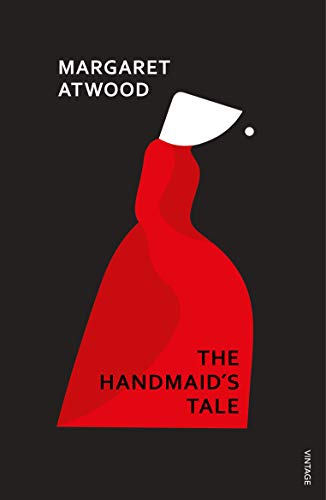The Handmaid’s Tale is a dystopian novel by Canadian author Margaret Atwood, published in 1985. It is set in a near-future New England, in a strongly patriarchal, totalitarian theonomic state, known as the Republic of Gilead, which has overthrown the United States government.
The central character and narrator is a woman named Offred, one of the groups known as “handmaids”, who are forcibly assigned to produce children for the “commanders” — the ruling class of men in Gilead.
The novel explores themes of subjugated women in a patriarchal society, loss of female agency and individuality, and the various means by which they resist and attempt to gain individuality and independence.
The novel’s title echoes the component parts of Geoffrey Chaucer’s The Canterbury Tales, which is a series of connected stories (such as “The Merchant’s Tale” and “The Parson’s Tale”).
It is also an allusion to the tradition of fairy tales where the central character tells their story.
The Handmaid’s Tale won the 1985 Governor General’s Award and the first Arthur C. Clarke Award in 1987;
it was also nominated for the 1986 Nebula Award, the 1986 Booker Prize, and the 1987 Prometheus Award.
The book has been adapted into a 1990 film, a 2000 opera, a 2017 television series, and other media.
The ebook version was published by Houghton Mifflin Harcourt.
A sequel novel, The Testaments, was published in 2019.




